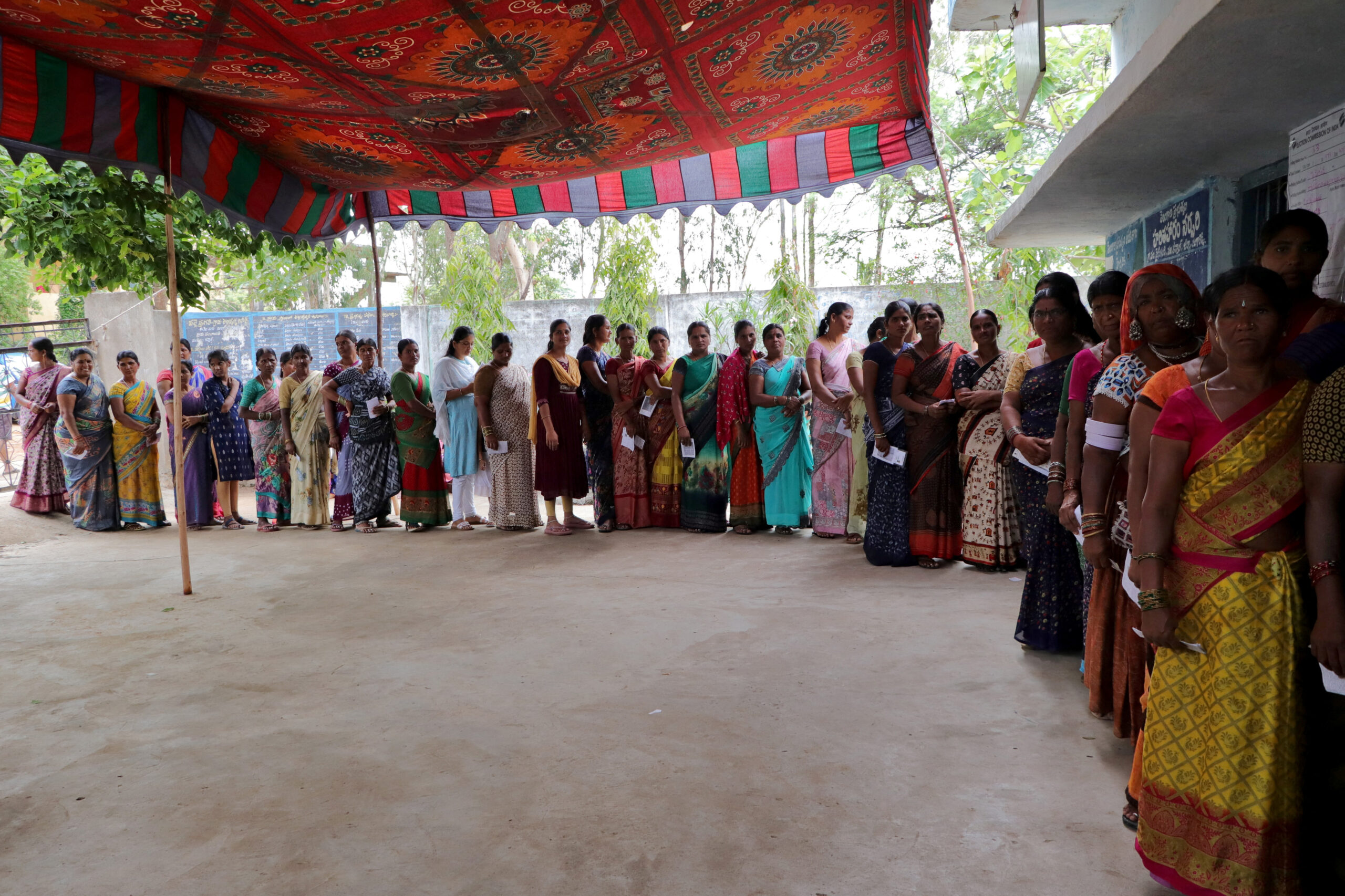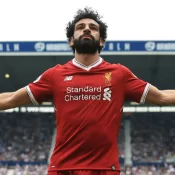
The fourth phase of the Indian election begins as the discourse on inequality and religion intensifies
In the fourth round of a seven-week general election, India held voting on Monday, amid increasingly aggressive campaigning focused on religious and economic divides.
Nearly one billion people are eligible to vote in this seven-phase election, which got underway on April 19 in the most populous country in the world. Votes are scheduled to be tabulated on June 4.
In a race that sets his Hindu nationalist Bharatiya Janata Party (BJP) against an alliance of more than two dozen opposition parties, including chief foe Congress, Prime Minister Narendra Modi is vying for a rare third term in office.
Voting has begun. “I appeal to all to vote for a decisive government,” declared Amit Shah, the nation’s home or interior minister and a close ally of Modi.
In the southern and eastern states of Telangana, Andhra Pradesh, and Odisha—where the BJP is not as powerful as it is in the north and west of the country—voting for 96 parliament seats took place on Monday.
The capital of the volatile Kashmir Valley, Srinagar, is also voting for the first time since Modi removed the region’s semi-autonomy in 2019. The BJP has decided not to run there because observers predict that the results will go against Modi’s narrative of a more integrated and peaceful Kashmir.
Bashir Ahmad Lala, 67, of Srinagar, stated, “I voted after over two decades… just to get relief from what we are facing here.”
Before the voting, opposition parties claimed that their employees had been arrested, a claim that the police refuted. As a result, the militarized area saw meetings restricted by law enforcement.
Farooq Abdullah, the National Conference party president and a former chief minister of Jammu & Kashmir, predicted that Modi and Shah “will definitely get defeated” on a national level.
A well-known Muslim member from Hyderabad, which is in the south and also held elections on Monday, Asaduddin Owaisi, claimed that the BJP was losing support as a result of Modi’s recent “venomous” remarks directed towards Muslims of color.
“A person is not greater than their nation. Thus, Modi is not the nation,” he continued. According to Modi, his government does not discriminate against Muslims.
All Categories
Recent Posts
Salah has the potential to repeat Premier League history
Mokwana creates history in Tunisia
Tags
+13162306000
zoneyetu@yahoo.com



